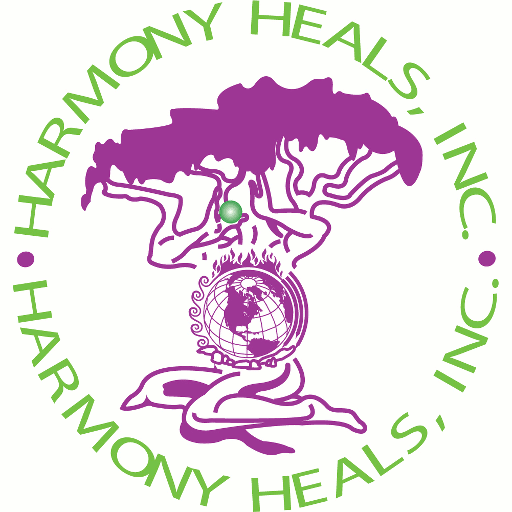 IOP, also referred to as Intensive Outpatient Program, is designed to help individuals recover from alcohol and or drug addictions, as well as many health disorders by providing highly structured services that help patients gain skills needed to manage crisis and symptoms of their addictions or mental illness in order to prevent relapse or hospitalization. Intensive Outpatient Program (IOP) allows you to seek treatment for your addiction or mental illness while continuing to keep on with your lifestyle; working and taking care of your family. The program operates typically three hours a day and at least three days a week based on an individualized treatment plan, which includes assessment, counseling, crisis intervention and activity therapies or education.
IOP, also referred to as Intensive Outpatient Program, is designed to help individuals recover from alcohol and or drug addictions, as well as many health disorders by providing highly structured services that help patients gain skills needed to manage crisis and symptoms of their addictions or mental illness in order to prevent relapse or hospitalization. Intensive Outpatient Program (IOP) allows you to seek treatment for your addiction or mental illness while continuing to keep on with your lifestyle; working and taking care of your family. The program operates typically three hours a day and at least three days a week based on an individualized treatment plan, which includes assessment, counseling, crisis intervention and activity therapies or education.
For the individuals suffering from alcoholism, there are detox programs provided, too, in an outpatient manner. Patients might also be put on certain kinds of medication that will help them release their cravings so that they will be able to stay away from using the substance. However, there will not be constant medical attention since the program is outpatient in nature, and instead, the patient will be monitored during treatment sessions.
Counseling is also a very important aspect of the Intensive Outpatient Program (IOP). Psychiatric treatment is made available for patients suffering from certain kinds of mental illnesses. The patient’s family also takes an important role in the treatment to enable support, and monitor the patient’s condition when he or she is at home.
Intensive Outpatient Programs (IOP) are structured to prove a high quality of mental health care in the least restrictive setting to prevent psychological distress or substance-abusing individuals. The program is committed to reduce hospital stays and provide intensive therapeutic environment and outpatient setting, while inducing traditional group psychotherapy, skills training, and focused psycho-educational groups that are led by licensed providers that are created to reach the needs of each individual in the treatment.
The Intensive Outpatient Program (IOP) consists of four primary areas targeted to emotions, thoughts, physical symptoms when appropriate, and addiction. The emotional component consists of learning to identify and express feelings, and learning to find safe and appropriate outlets for feelings that should be avoided, and toleration of high levels of emotion. The thought, or cognitive approach of the program teaches rational behavior problem solving skills. Cognitive behavioral therapy is one of the most well validated approaches to psychotherapy and is considered to be a main component of Intensive Outpatient Programs (IOP). Psycho-educational groups are organized around cognitive behavior therapy to assertive training, anxiety management, and even coping with depression.
Physical aspects of the program deal with bodily processes that lead to the symptoms or that are misinterpreted by patients in their recovery. Exercises of relaxation and stress managements are a few of the typical subjects addressed. Psychotropic medication may also be at use in bringing up biochemical contributions to your condition, which can be prescribed by one of the psychiatrists working in the program.
Depending on the individual’s needs of the group participants, the foci of these categorized groups take on different content areas. Some of these include out of control teenagers, dealing with loss, work place issues, coping with chronic illness, conflict management, and self defeating behavioral patterns. Identified problem areas are utilized to teach skills that provide new strategies or solutions in teaching coping skills. Throughout the program, cognitive behavior therapy, anger management, anxiety management, assertiveness training and skill generalization are used.
Intensive Outpatient Programs (IOP) offer a selective array of services that can best fit an individual’s needs in order to recover problems from addictions to mental illnesses.






Leave A Comment